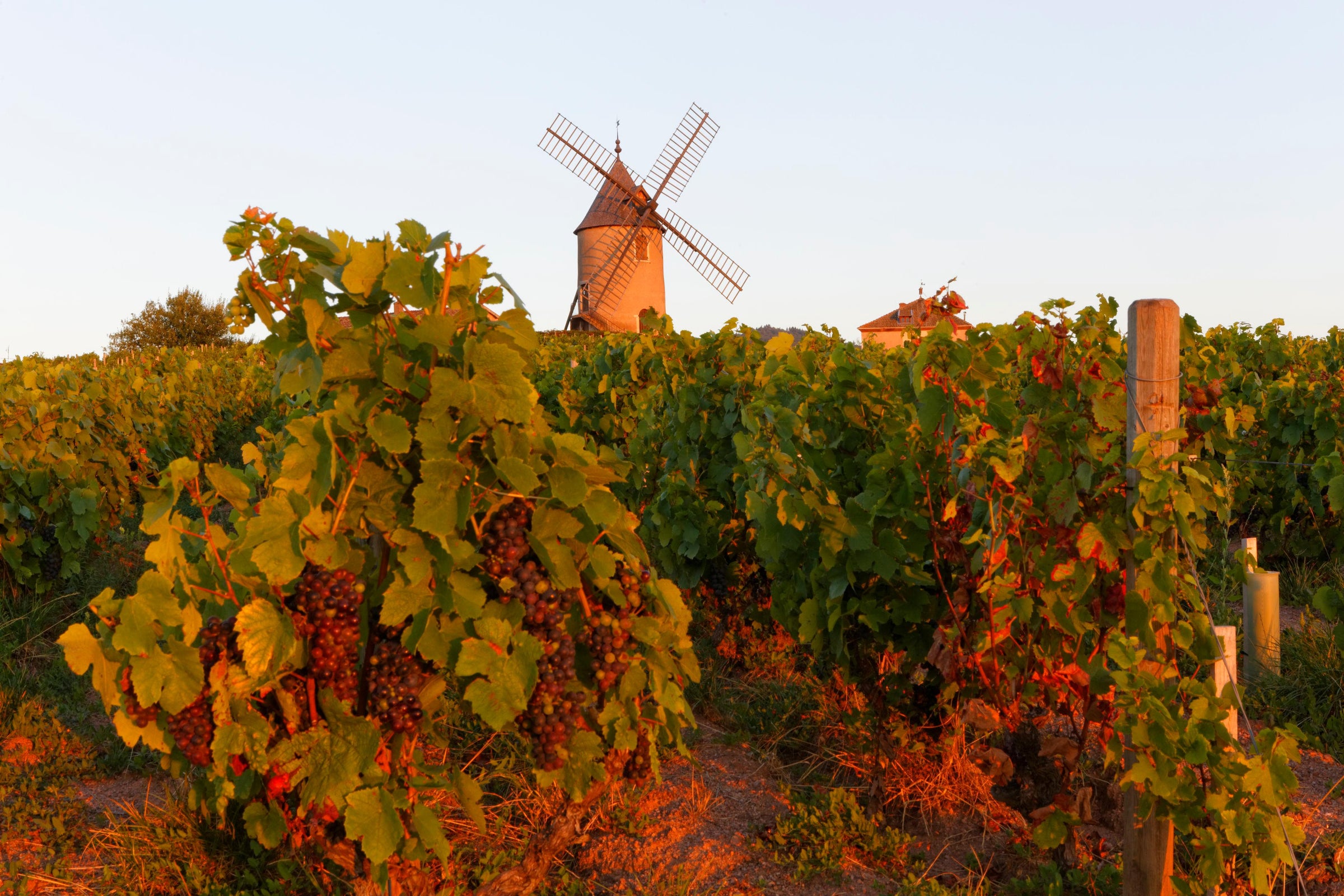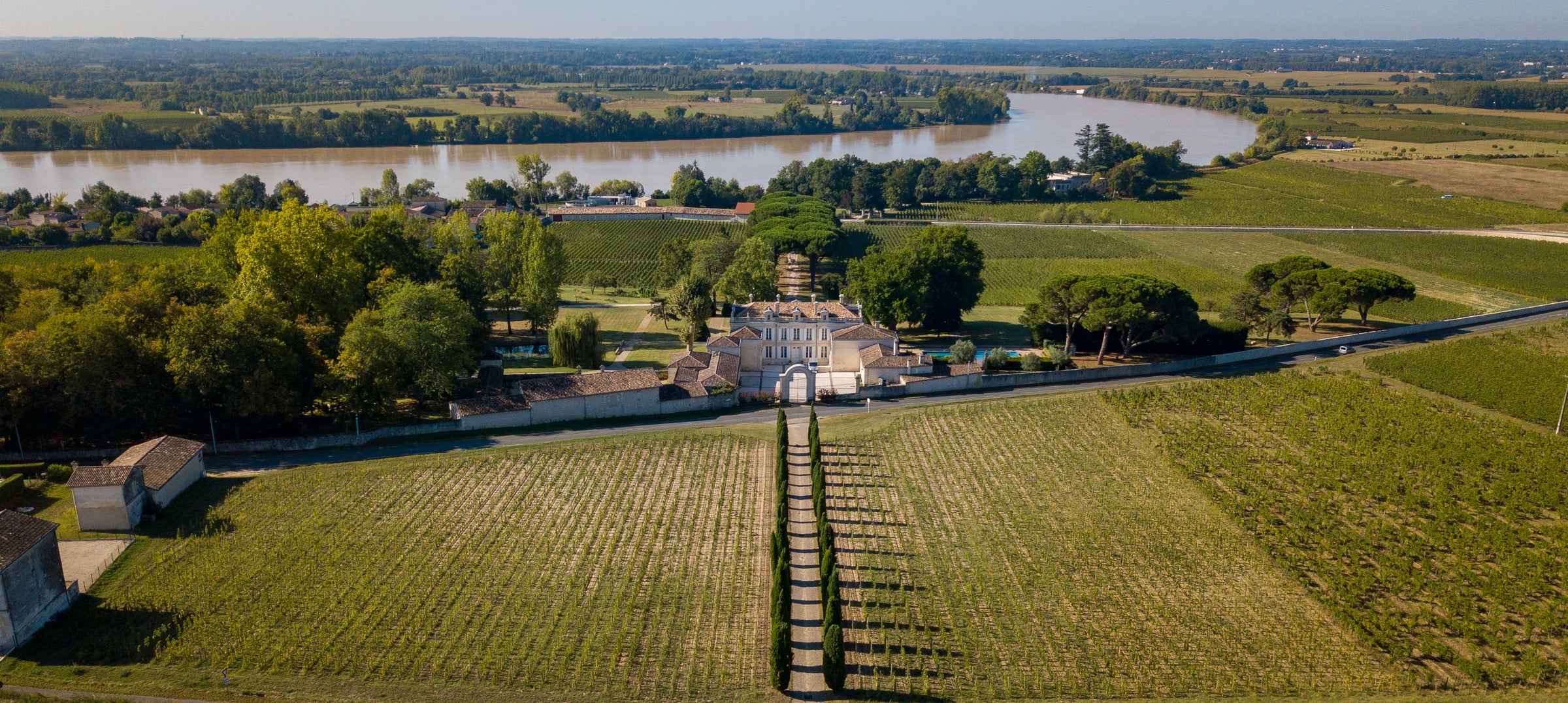While it endures as the principal means of organizing Burgundy’s vast array of vineyard-specific wines, the region’s traditional “quality” hierarchy—Grand Cru, Premier Cru, etc.—is constantly under challenge from sharp young producers like Antoine Lienhardt.
We are forever referring to wines like Lienhardt’s as “over-achievers,” but as I’ve gotten to known Lienhardt’s wines and vineyards better, they feel less like outliers and more like the new normal: Maybe what unclassified vineyards such as “Les Essards” needed all along was someone to lavish the same attention on them as the Grand/Premier Crus received. We’re so often talking about miles, or even yards, between two vineyards of vastly different rankings—could there really be that much of a difference? What Lienhardt has shown me, over the course of multiple vintages and wines, is that the conventional wisdom may need a reset. For now, we can all take advantage of how vastly underpriced these wines are given their purity and genuine cellar-worthiness. One simply does not find under-$40 red Burgundy that performs like this very often, and I regret we couldn’t get our hands on more: We can offer up to six bottles per customer until our stock runs out, and you’re strongly advised to take your limit. This is a delicious and evocative wine now and will continue to evolve—each time you re-visit it, it will charm you all over again.
Côtes de Nuits-Villages is kind of a catch-all appellation, covering all or part of five villages: Fixin and Brochon in the north; and Prissey, Comblanchien, and Corgoloin in the south. Comblanchien and Corgoloin are the two southern-most villages in the Côtes de Nuits, reaching toward the border with the Côte de Beaune. There are no Premier or Grand Cru sites in Comblanchien, but Lienhardt has proved that this might be worth reconsidering. Both of his lieu-dit vineyards, “Les Essards” and “Les Plantes aux Bois,” have a very thin clay/marl topsoil that gives way to solid limestone, the “mother rock” of Burgundy. Comblanchien was a seat of the French Resistance during WWII and was a key source of marble for landmarks such as the Paris Opera House. Lienhardt’s vineyards, which he inherited from his grandfather, are now 50-plus years old; the depth of fruit concentration and mineral savor they deliver is readily evident in this superb 2013.
Lienhardt is, like most of the best young producers in Burgundy, a viticulturist first and a winemaker second. As a child, he planted a garden on his grandparents’ property and nurtured his crops through harvest each year, with a dream of one day tending their vineyards in Comblanchien. He spent four years at Domaine Amiot-Servelle in Chambolle-Musigny and staged through Chablis and South Africa before coming into his inheritance in 2011. He’s taken those 4.2 hectares of vines, which were previously leased to others, and transitioned them to organic/biodynamic farming, now working the rows with horse and plow. His is an obsessive, vine-by-vine approach: fruit is obviously hand-harvested, with an eye toward maintaining freshness in the wine, before it is completely de-stemmed and fermented without any excess extraction over the course of about 15 days. The wine is aged in 50% new French oak and 50% one-year-old French oak for 12 months.
The 2014 “Les Essards” has a reflective dark ruby core with light garnet hues on the rim. The aromas are a highly perfumed mélange of black and red cherry, raspberry, and goji berry infused with wet rose petal, violets, black tea, mushroom and underbrush. This vineyard always delivers a wine of firm, focused texture—medium-bodied and driven by vibrant acidity and deep minerality, with great floral length on the finish. It is in a youthful state right now but opens nicely after about an hour in a decanter—but the real sweet spot for this wine lay about 3-5 years down the road. If you’re enjoying a bottle now, decant and serve at 60-65 degrees in Burgundy stems and pair it with a medium-weight preparation of chicken or pork. It is a really versatile style but its finesse and flair should not be overpowered. I know you will, but I’ll say it anyway—enjoy!






